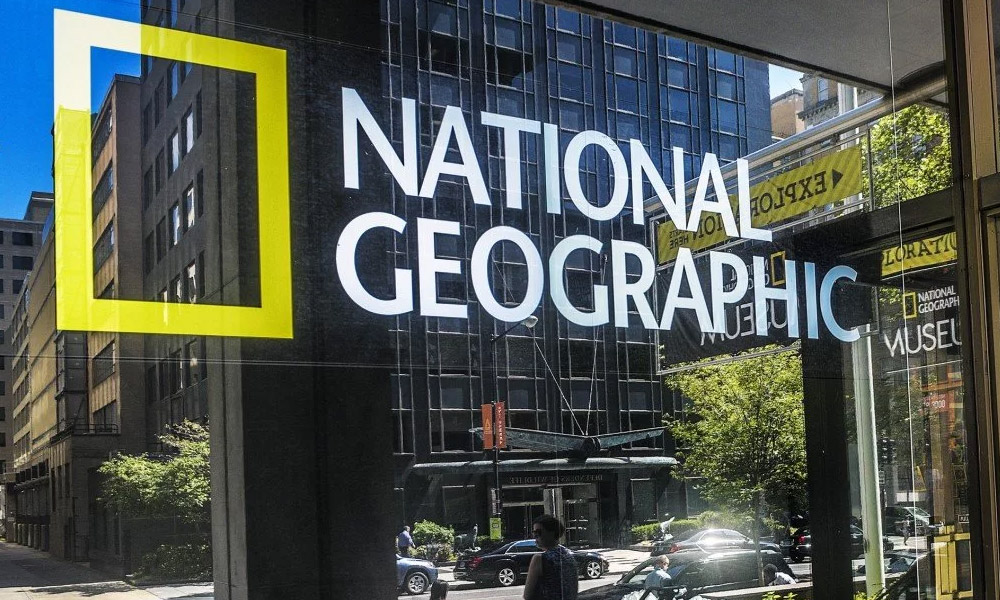I’ve been a part of newsroom teams, both as a reporter being assigned stories and editor coming up with editorial strategies and assigning stories.
For the most part, the days are always exciting. Something is always happening somewhere in the country or the rest of the world. If you have a enough big team to cover everything, then you do. If you don’t, you still try. The press is the fourth estate, right?
Recently, quite big news hit the media industry. National Geographic, one of the world’s most iconic publications renowned for its compelling storytelling and, especially, its captivating images, is laying off all of its staff writers.
This brings to question what the future of the publication is going to be like.
One of the first questions is, could the publication be facing financial difficulties, forcing them to downsize and retrench? If so, what does that mean for the media industry? Is the industry going down the drain where quality content is no longer something that the public is looking for, hence making the business non-sustainable?
This could somewhat be the problem. Over the last few decades, many long-time and traditional media organisations have been suffering drops in their audiences and also revenue (National Geographic started in 1888).
The diversity of new media diluted content offerings, and that’s not to mention the challenges of adaptability by these old organisations too.
But then again, it’s difficult to accuse National Geographic of not being able to adapt. They have always been a leader in innovation when it comes to telling stories.

The publication did cite a changing media landscape as one of the reasons for its decision.
A new beginning?
With all of their staff writers gone, National Geographic will be operating with a small team of editors and a large roster of freelance writers and journalists. I believe that this will allow them to be more adaptive to the new media order today.
A reliance on freelancers will mean that the publication will actually have a larger and more diverse pool of content creators at their disposal.
This will mean that the content that they can potentially create and disperse would also be more diverse and inclusive, and offer its audience so many more perspectives. The stories produced could potentially be fresher, developing a more engaged audience.
However, this would also mean that the existing editorial team has a much more challenging job in trying to maintain a consistent and uniform editorial direction and style for the publication.
National Geographic will have to implement intense quality control to ensure credibility and integrity of the content that is produced by the freelancers. But I doubt that this is something they can’t do anyway.
By reducing costs that would go towards a big team of full-time staff, National Geographic would also have more resources to focus on digital storytelling methods that utilise new digital platforms.
They can explore new technologies and innovative forms to tell stories in a better and more engaging way. Combine this with new external freelance collaborators with different perspectives, it could help them to stay relevant.
Of course, there is concern among rights activists and unions over the safeguarding and protection of employees. But in this sense, the changes and evolution of the industry seem quite natural and heading in a positive direction.
With the gig economy being seen as a viable career option and how freelance journalism has always been in existence, it is probably what journalism and content creation is becoming.
It would be interesting to see how this will influence the industry, not just globally, but more specifically in Malaysia as well.
Will news and media organisations in Malaysia move in the same direction as National Geographic? Will the modus operandi for producing content change and will journalists have to adapt and evolve the way they work?
I feel that it is most likely and we need to be prepared when the time comes - exciting times. - Mkini
ZAN AZLEE is a writer, documentary film-maker, journalist and academic. The Sheraton move really frustrated him but maybe after November 2022, he can start feeling better again. Visit fatbidin.com to view his work.
The views expressed here are those of the author/contributor and do not necessarily represent the views of MMKtT.




No comments:
Post a Comment
Note: Only a member of this blog may post a comment.